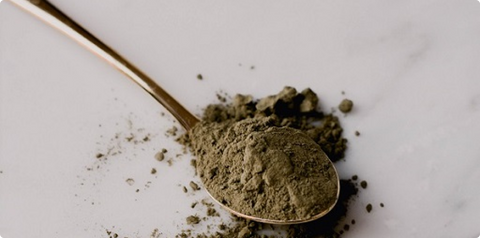Bioplastic is usually a word used in media to describe plastics that are a better solution to fossil-fuel derived plastics. So, generally, the word bioplastic conjures up the idea of a perfect plant plastic solution that doesn’t impact the Earth in any way, from growing the plants to finally breaking down into harmless, plant-based particles and we all live happily ever after. Right? Well, wouldn’t that be nice. The reality is that not all bioplastics are eco-friendly plant plastic.
The term describes any kind of plastic that is biodegradable, and / or made from biological matter. Bioplastics do not need to be biodegradable plant plastic. But, wasn’t that the whole point in the first place? To lessen the impact created by plastic because it uses fossil fuels and never biodegrades?
Up to 70% of the bioplastics on the market today ARE NOT BIODEGRADABLE.
They also do not need to be sustainable and eco-friendly in the source plant production. For example, bioplastics made from corn need more corn crops, and corn is not usually grown in the most ethical way. From genetic modification to chemical fertilisers and pesticides, commercial conventional corn crops are not something we want to encourage more of.
Know your brand
Bioplastics is a way that many brands greenwash you into thinking you are choosing an ethical product. Although green is one of our favourite colours, we prefer transparency when it comes to our products. There are a few ‘legitimate’, ethical bioplastics available, and we have chosen one of them for our packaging. It looks like plastic and keeps the superfoods fresh, but it’s 100% zero plastic and sustainably produced.
Our packaging won't last forever, but our impact will.

Beyond bioplastic
Our packaging:
- Made from wood pulp
- Wood comes from sustainably farmed plantations
- Contain zero plastic
- Certified to break down in home composting. Be sure to cut it up into tiny pieces to maximise breakdown potential. “Tested and approved to the OK Compost Home standard, which repeats the EN 13432 test protocol for biodegradation and disintegration at ambient temperatures, albeit over a longer time frame. They can, therefore, be successfully composted in a home composting environment and typically break down in just a few weeks. “
- Please note that the time it takes to break down may take longer depending on composting conditions.
- Earthworms can break it down – see 2-minute video here
- Marine biodegradable certified
- While we are happy that it won’t be floating in the ocean for years to come, please do not throw the inner bags from our superfoods into landfill waste, as it can still land in the ocean and pose a threat to sea life if eaten. Rather use them as firelighters or compost them.
Other Bioplastics:
- Can be made from non-biodegradable matter, including chemicals sourced from fossil fuels. Corn is also frequently used.
- Mining fossil fuels, and farming other plants, including corn, using unsustainable methods which create further environmental issues.
- Some bioplastics still break down into mico-plastics, which are ingested by wildlife living on land and in water.
- Since many bioplastics are not biodegradable, they will not break down in compost. Many of them also need to be processed in industrial composting facilities.
- Earthworms can’t eat plastic that doesn’t biodegrade
- Most bioplastics do not break down in the ocean.






Comments (0)
There are no comments for this article. Be the first one to leave a message!